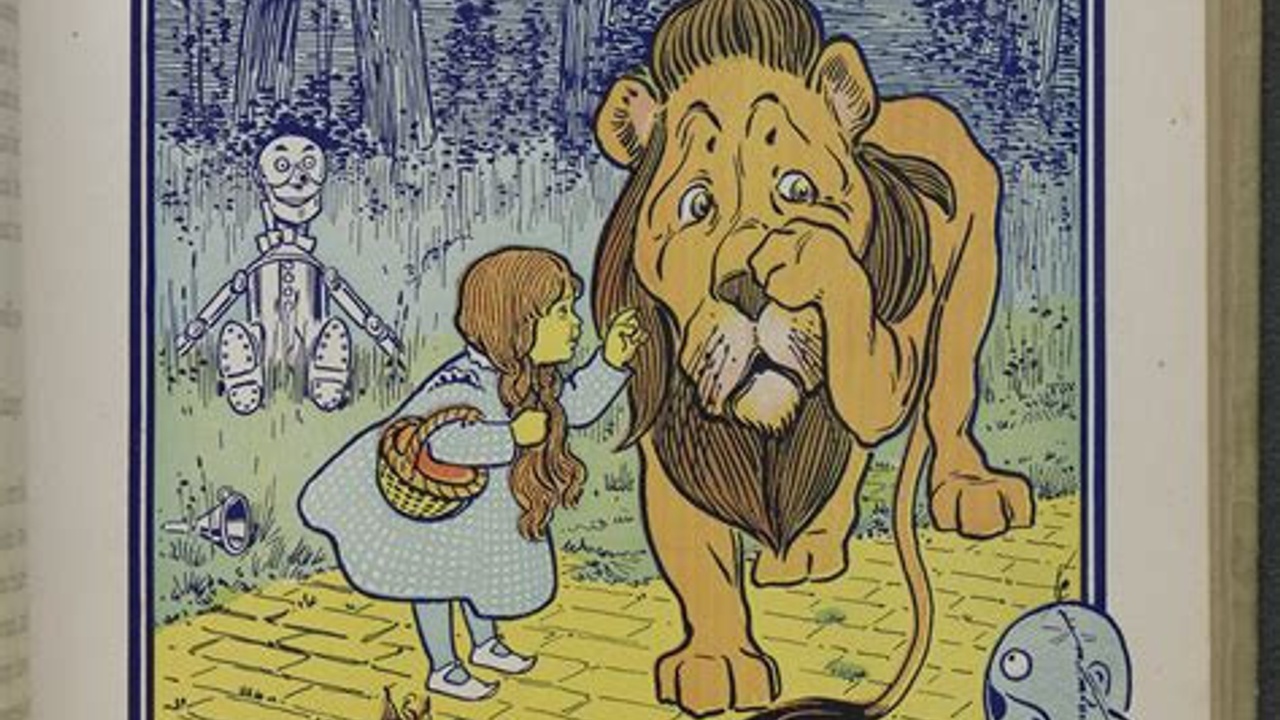From Trauma and Courage to Safety
Apr 14, 2021
These days bring me effortlessly to the big questions. I wonder about basic stuff: Who am i? Why are we here? What's worth doing? If I'm candid, it's probably also a consequence of being dad to a toddler, curious about everything. Being a parent is partly an opportunity to be in awe at random, unexpected moments. It's humbling to be surprised by this.
One of the things on my mind is safety. I've had a relatively narrow view of what it means to be safe, for different reasons.
We were taught as kids to be mindful to be physically safe in each moment. We didn't discuss how the way we live may be dangerous for our future selves, or future children. And we're neurophysiologically ill-equipped to respond to such abstract threats. With an alligator I have a visceral reaction. With climate instability, or a pandemic, there's some imagination involved. For many of us, most of the time, the consequences of our actions are literally imaginary.
We also were not taught that safety is wildly different depending on who you are, where you live, who you live with, and how you present in the world (your gender, race, ability, and so on). Instead, I grew up thinking in universals, of human rights, of fairness in the justice system, of equal treatment. At the risk of stating the obvious, human experience is anything but universal. As therapists know, one of the differences is how safe we feel, and how safe we are, how vulnerable to harm and trauma.
What has most transformed me, in the webinars we've been hosting, is this sense of how widespread living with trauma is. I think of it now as a kind of tectonic plate underlying our world. We just live on the surface of this shifting and dangerous mantle. We may be used to it, especially if we have lived relatively 'safe' lives. But it's under all of us. It influences our interactions, our choices, our future, our lives.
Two questions keep returning. First, what does it look like to live in an actively empathic way with this diversity of safety? And second, how can this empathic living prepare us for difficulties, for the possibilities of disaster tomorrow or today, of fires, storms, violence, fascism, war? Preparation to me looks like building community, which in part drives our vision for EEGer.
In writing this, I got curious about the neuroscience of courage. Most work in this area stems from a narrow view of what courage means, as a response to physical threat. As the wizard tells the lion in Wizard of Oz, "you're a victim of disorganized thinking. You are under the unfortunate delusion that simply because you run away from danger, you have no courage."
And yet, as Donna Jackson Nakazawa outlined in her recent course, according to research there may be a lot less daylight than we think between our mental and physical health. This has all kinds of interesting implications, about what is a threat, and how the body responds to it. Relatedly, a study from the lab of Dr. Andrew Huberman at the Stanford University School of Medicine, provides some compelling insights. Identifying an area that may play a pivotal role in processing threat between the basolateral amygdala and medial prefrontal cortex, this work raises questions about our understanding of "fight or flight," as Huberman discusses.
Thanks to folks who participated in Sebern's two-day intensive on therapy and neurofeedback. The discussion did not disappoint. I'm reminded again how lucky I am to be working in a field where this kind of caring and insight are the norm. May your week be full of inspiration grounded in safe relationships and successful work.
Stay connected with news and updates!
Join our mailing list to receive the latest news and updates from our team.
Don't worry, your information will not be shared.
We hate SPAM. We will never sell your information, for any reason.
